Experienced gardeners will no doubt know this, but if you’re a beginner, listen up–not all foods are legal to grow here in the U.S. Some of them are downright illegal, whereas others are only forbidden in certain regions, so it’s very important that you do your research to ensure that you’re not harming your local ecosystem or breaking the law. To help you out, here are some everyday foods that are not legal to grow in your yard.
Potatoes
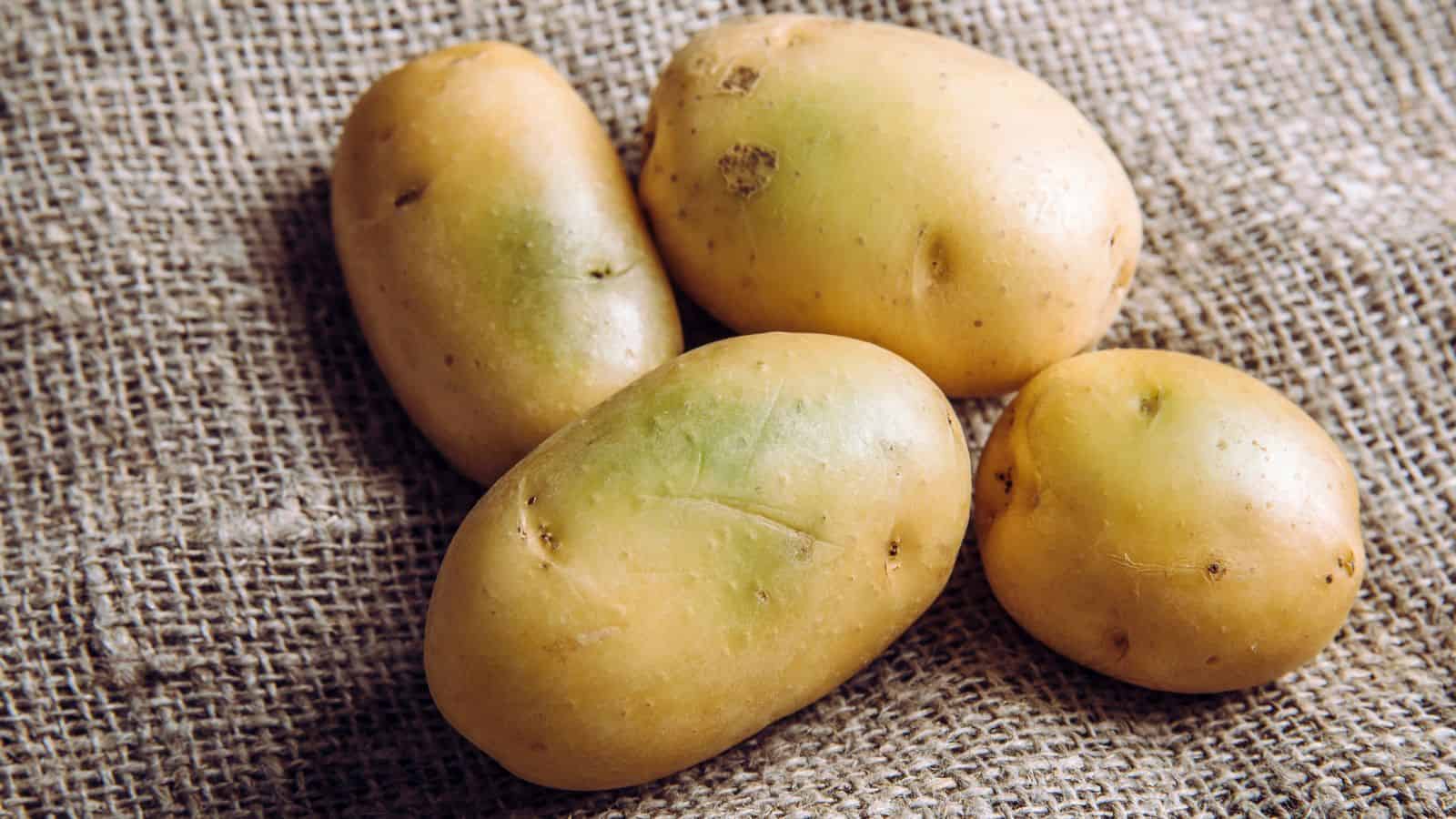
This might surprise you, but despite being household staples, potatoes face strict growing regulations in some regions to control diseases like late blight, which can devastate other crops. Some areas require certified disease-free seeds to prevent the spread of this and other crop-damaging pathogens, so thankfully, there is sometimes a way to still grow them without too much trouble.
Almonds
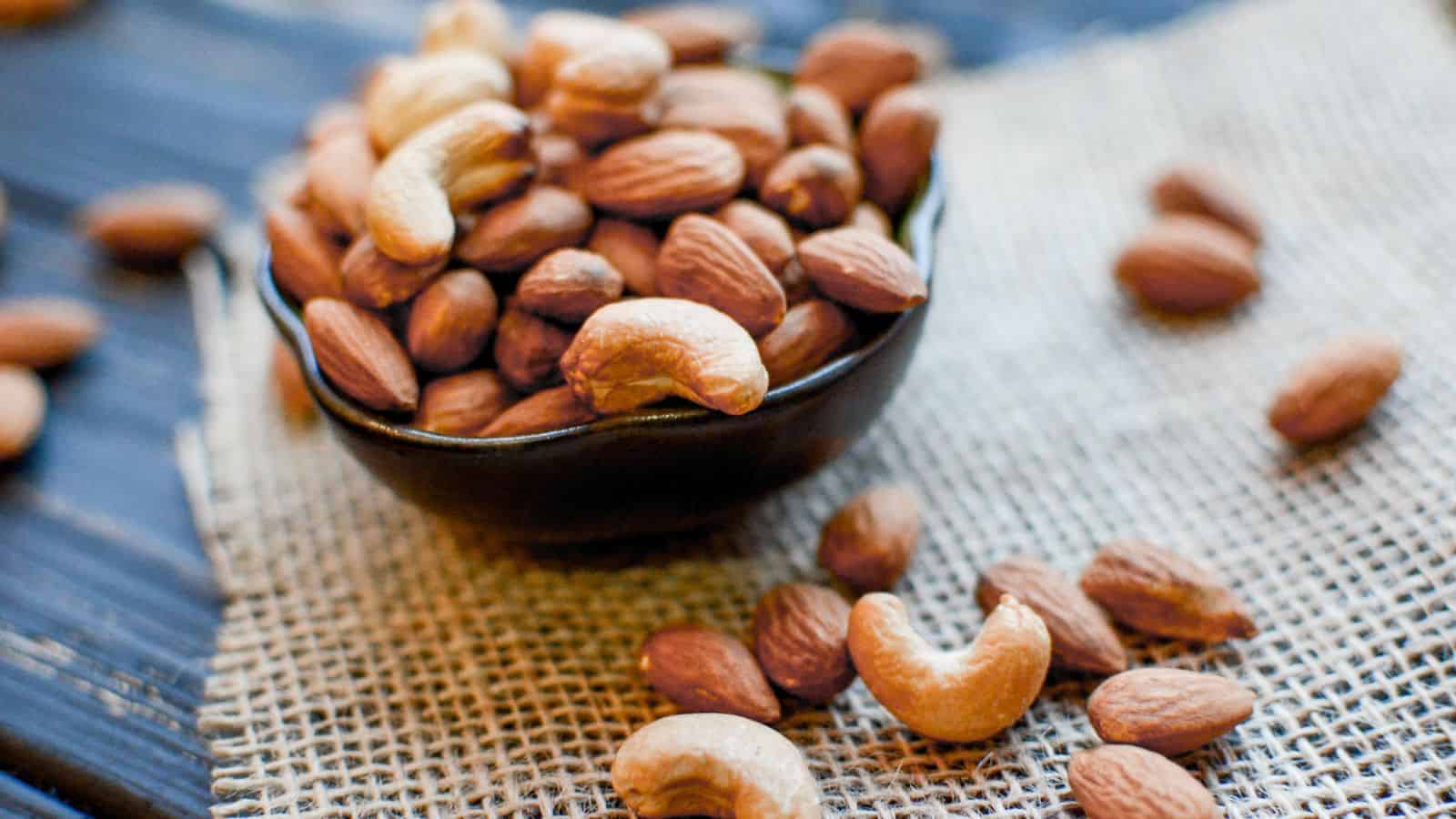
In water-scarce regions such as California, almonds are forbidden in yards because they require significant water resources. Usually, there are no outright bans on growing almonds at home on a small scale, but large-scale production is a big no-no. Either way, the local government strictly advises people not to grow them, so if this is the case in your region, it’s probably best to follow the advice, even if they’re legal.
Bamboo Shoots
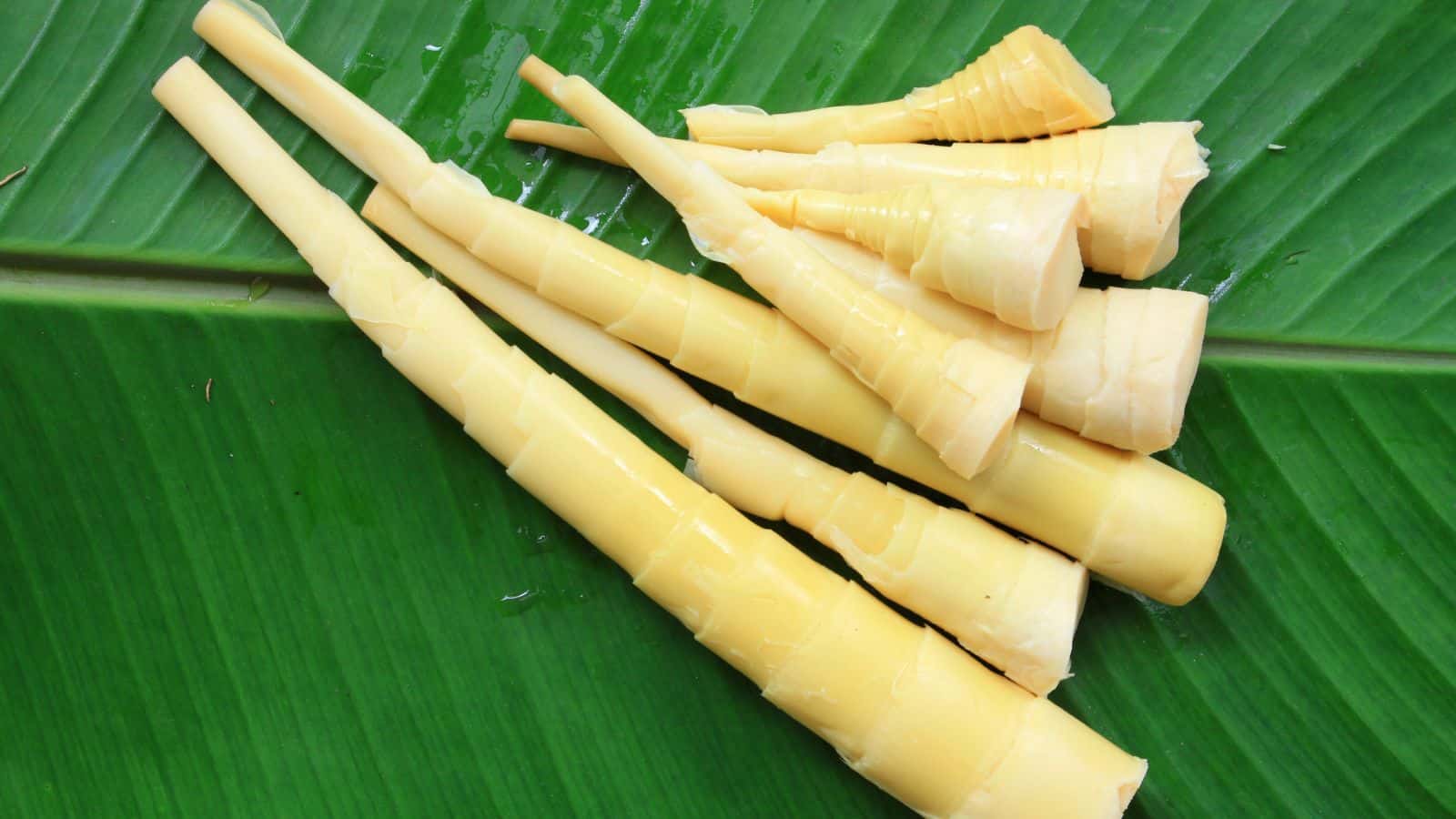
Some bamboo species are invasive and can damage local ecosystems, leading to restrictions on their cultivation. It can spread quickly and aggressively, making it a threat to other vegetation in sensitive areas, and therefore, many regions impose restrictions on planting these most aggressive varieties to prevent them from overrunning local plants and ecosystems.
Grapes
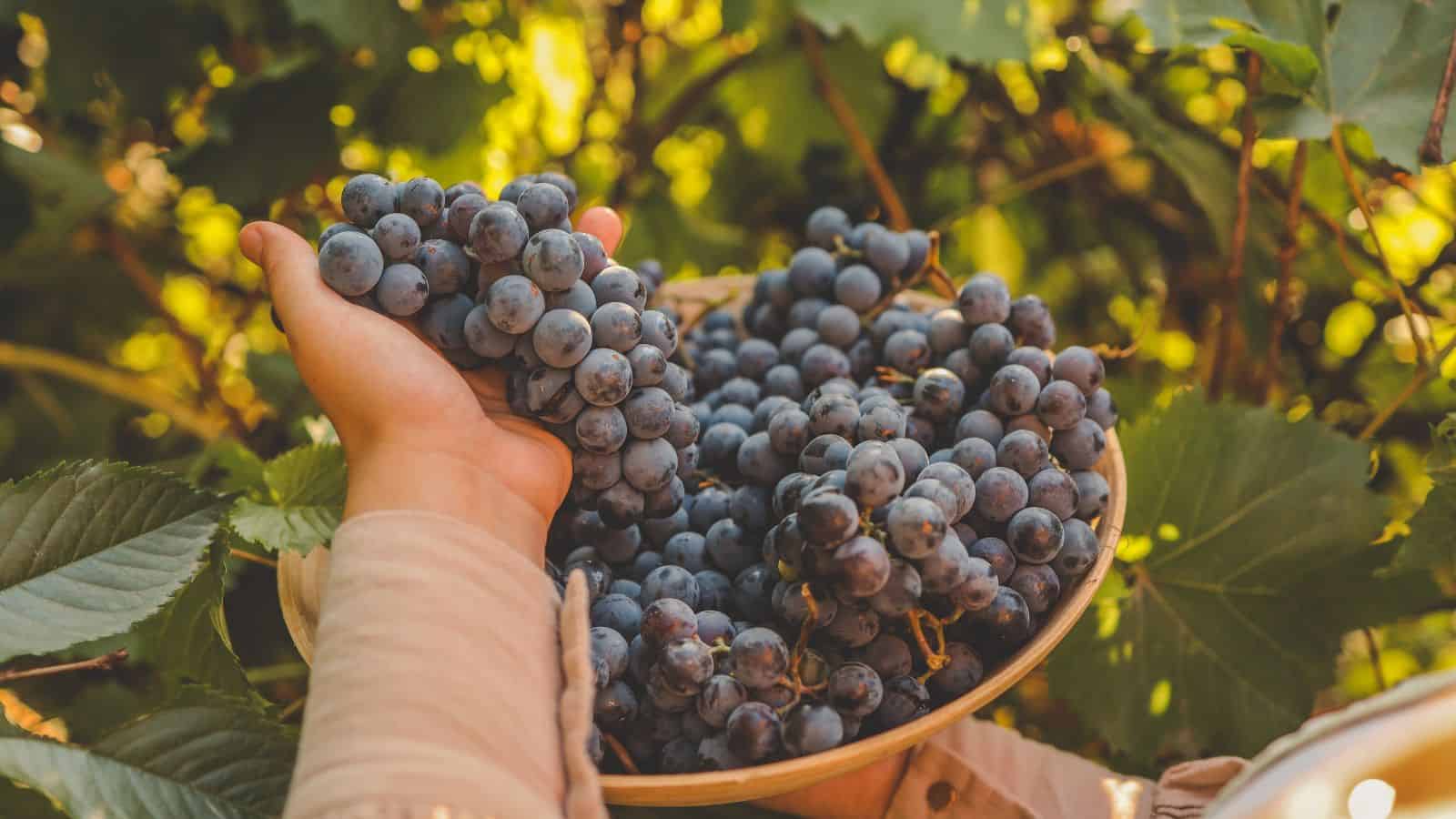
While not generally banned, grapes are subject to strict guidelines in some regions to prevent disease transmission to commercial vineyards. This is because backyard grapevines can harbor pests or diseases that pose risks to nearby wine-producing areas, which wouldn’t be good. To avoid these issues, local agriculture departments may provide regulations to ensure grape cultivation doesn’t endanger commercial crops, so keep an eye out.
Avocados

Another everyday food that isn’t illegal to grow but is often discouraged is the avocado, specifically in drought-prone areas. As with almonds, this is due to their high water demands. Sure, they’re typically allowed for private growth, but home gardeners are still encouraged to consider water-efficient practices when growing these trees, especially in water-limited areas.
Black Walnuts
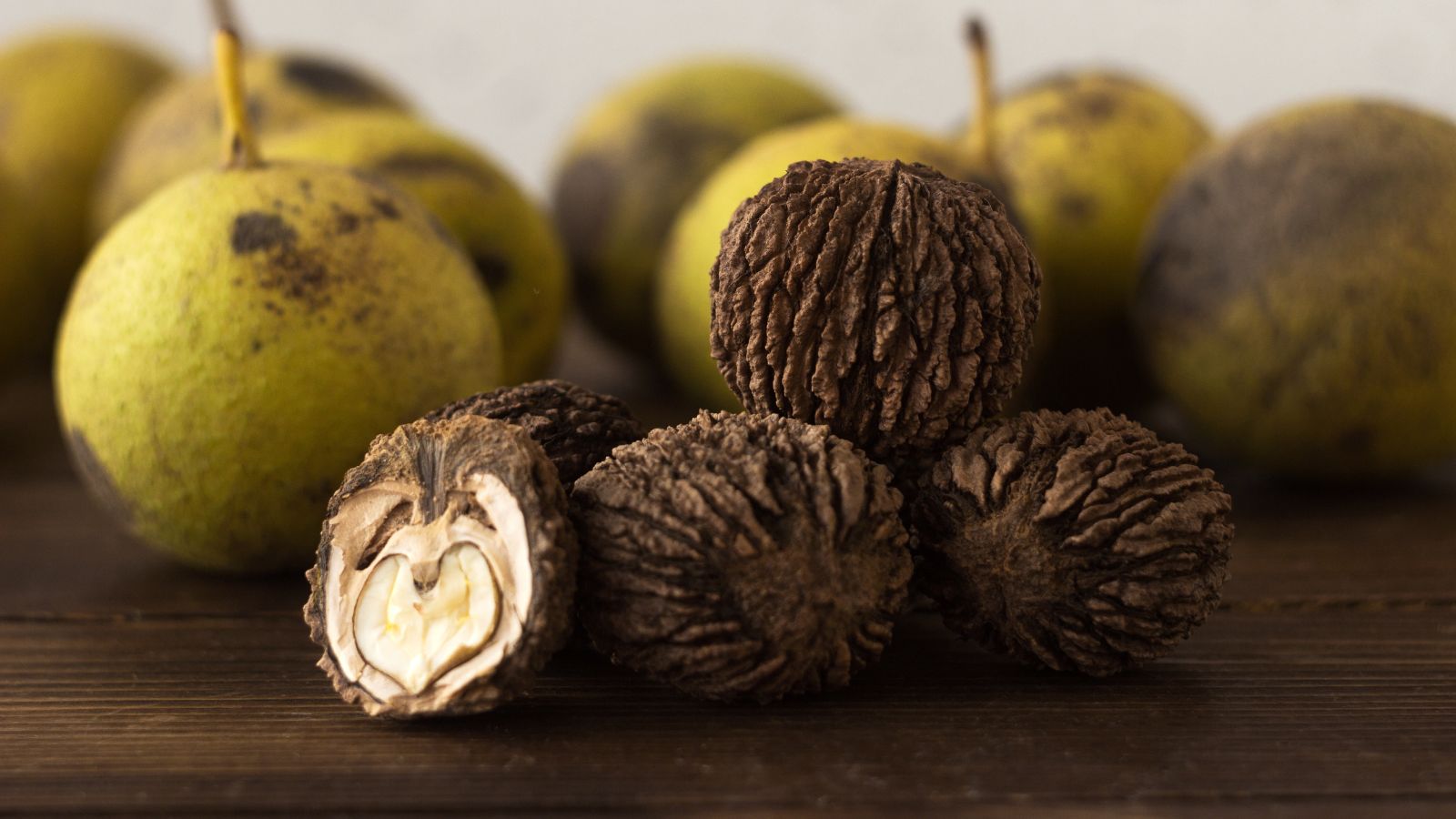
Black walnut trees release juglone, a chemical that can harm nearby plants, making them difficult to grow in mixed gardens. While restrictions generally address planting these trees near sensitive vegetation rather than banning them entirely, black walnuts require thoughtful placement to avoid harming other plants in the vicinity.
Mangosteen
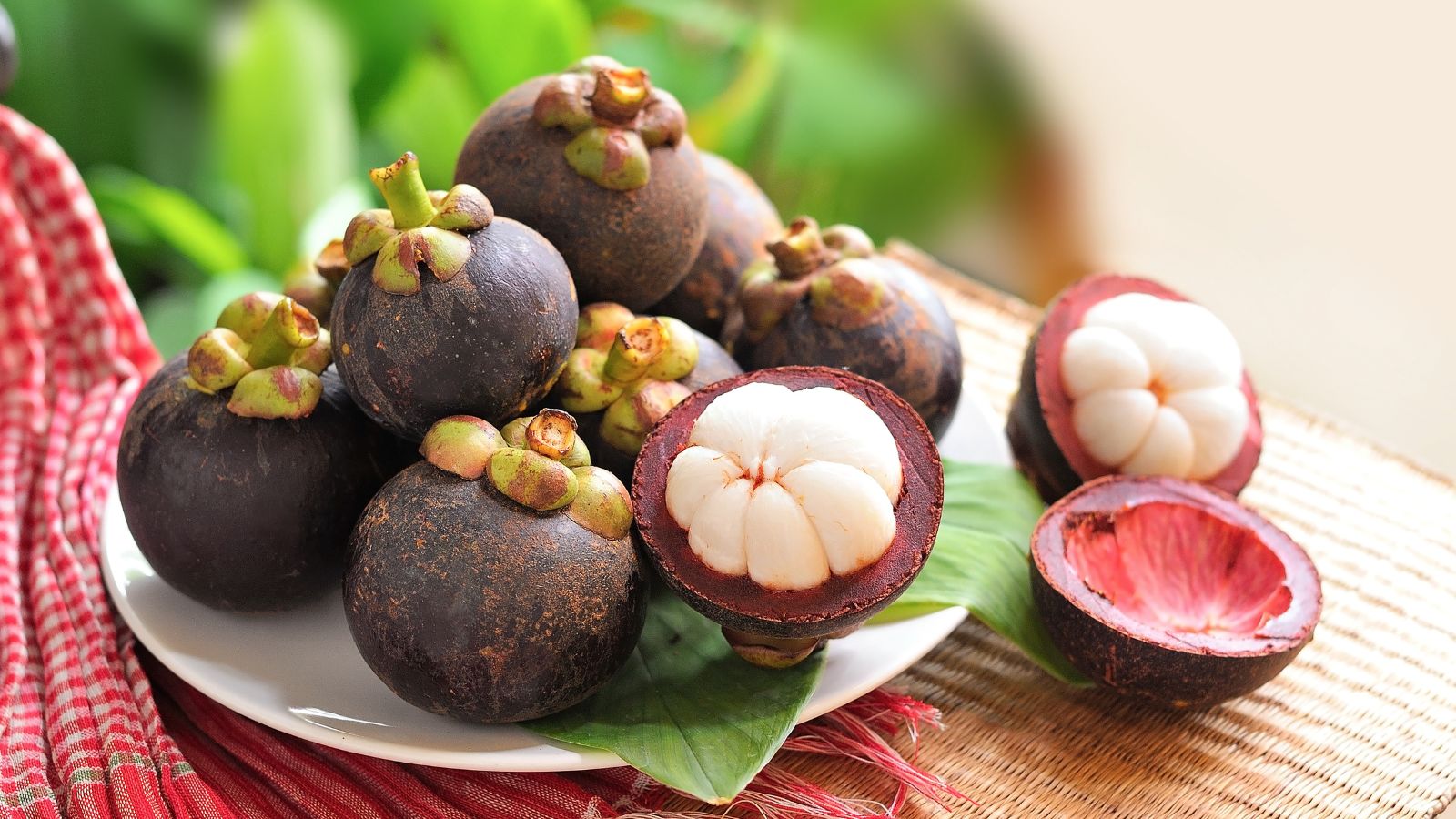
Another everyday food that faces growing restrictions in your yard is the mangosteen. This plant is heavily regulated in some areas due to the risk of introducing non-native pests, which could wreak havoc among ecosystems. It’s not typically illegal to grow mangosteen if conditions allow, but strict import controls are enforced to keep pests out.
Eucalyptus
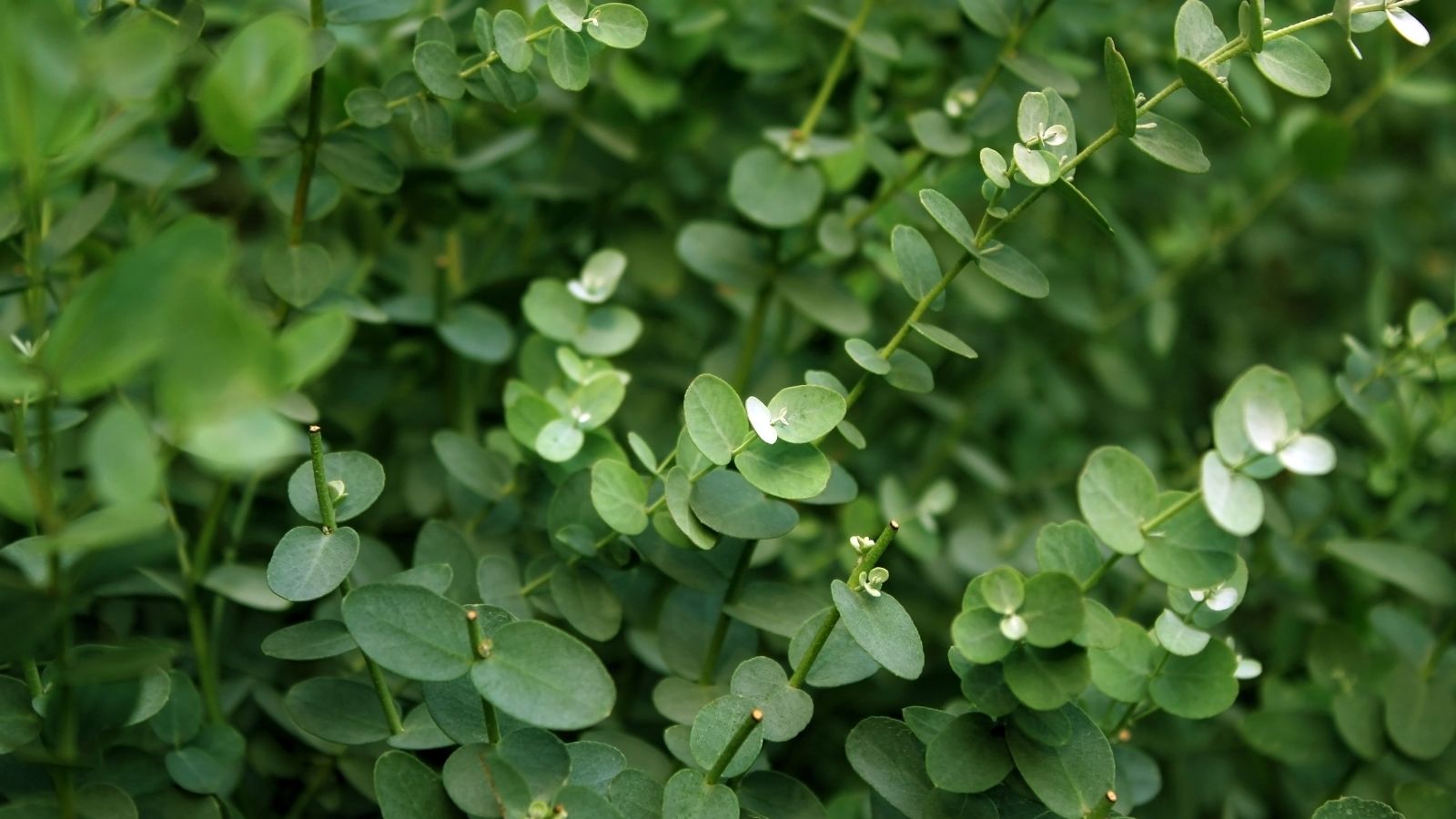
Eucalyptus trees are also regulated in certain wildfire-prone areas due to their invasiveness and, more notably, their high flammability. These trees, especially certain species, pose fire hazards that can endanger residential and wild areas alike. As a result, restrictions on eucalyptus are necessary to help reduce fire risks, making it a less common choice for home gardens in areas prone to wildfires.
Kiwifruit
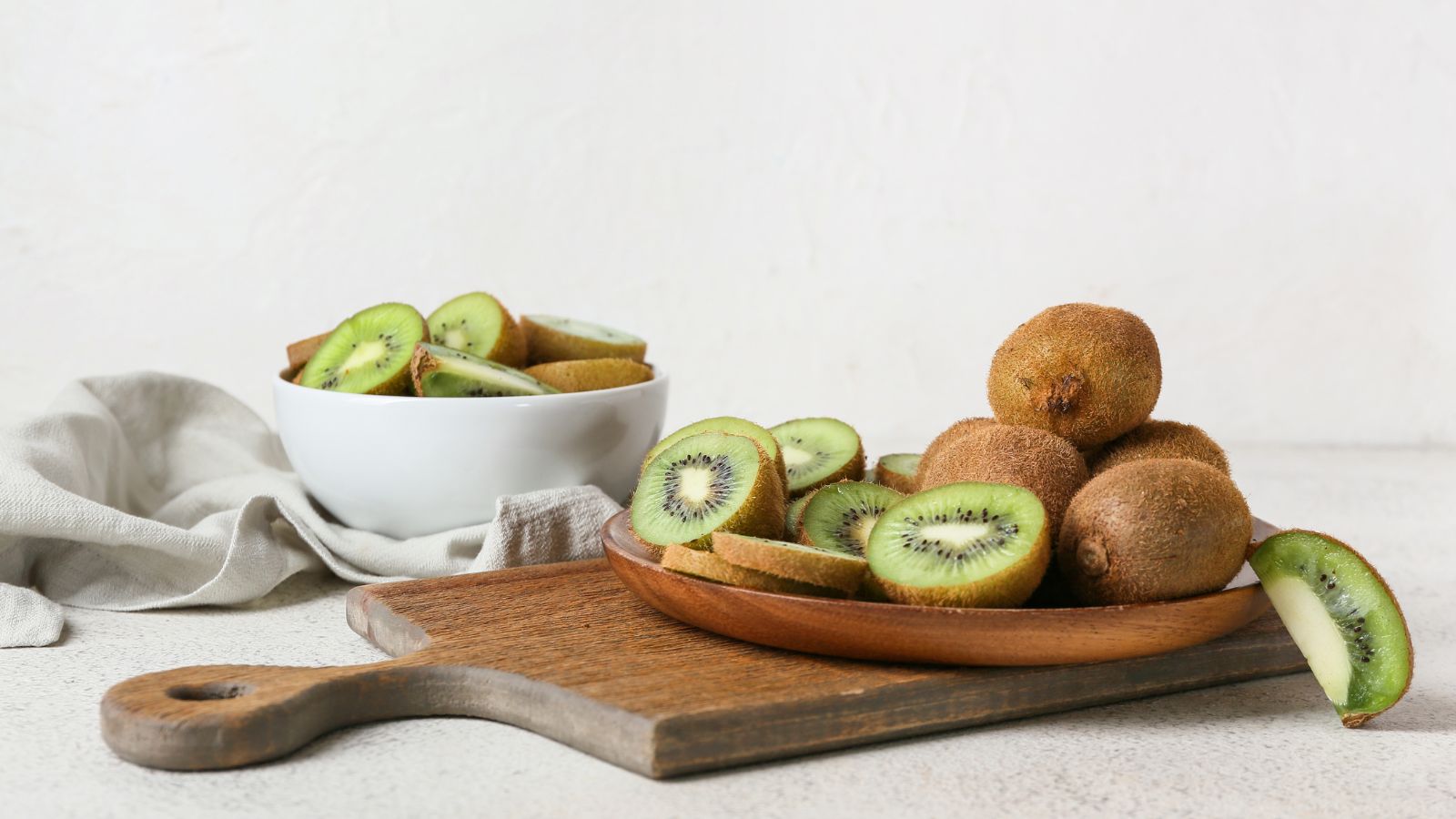
Don’t expect growing kiwifruit to be simple; it often requires strict pest management protocols to protect commercial crops, leading to regulations for private gardeners in some places. Without professional pest control, backyard kiwifruit vines can become vulnerable to infestations, which may then spread. So, while not banned, kiwifruit requires careful attention if grown near commercial vineyards.
Coffee
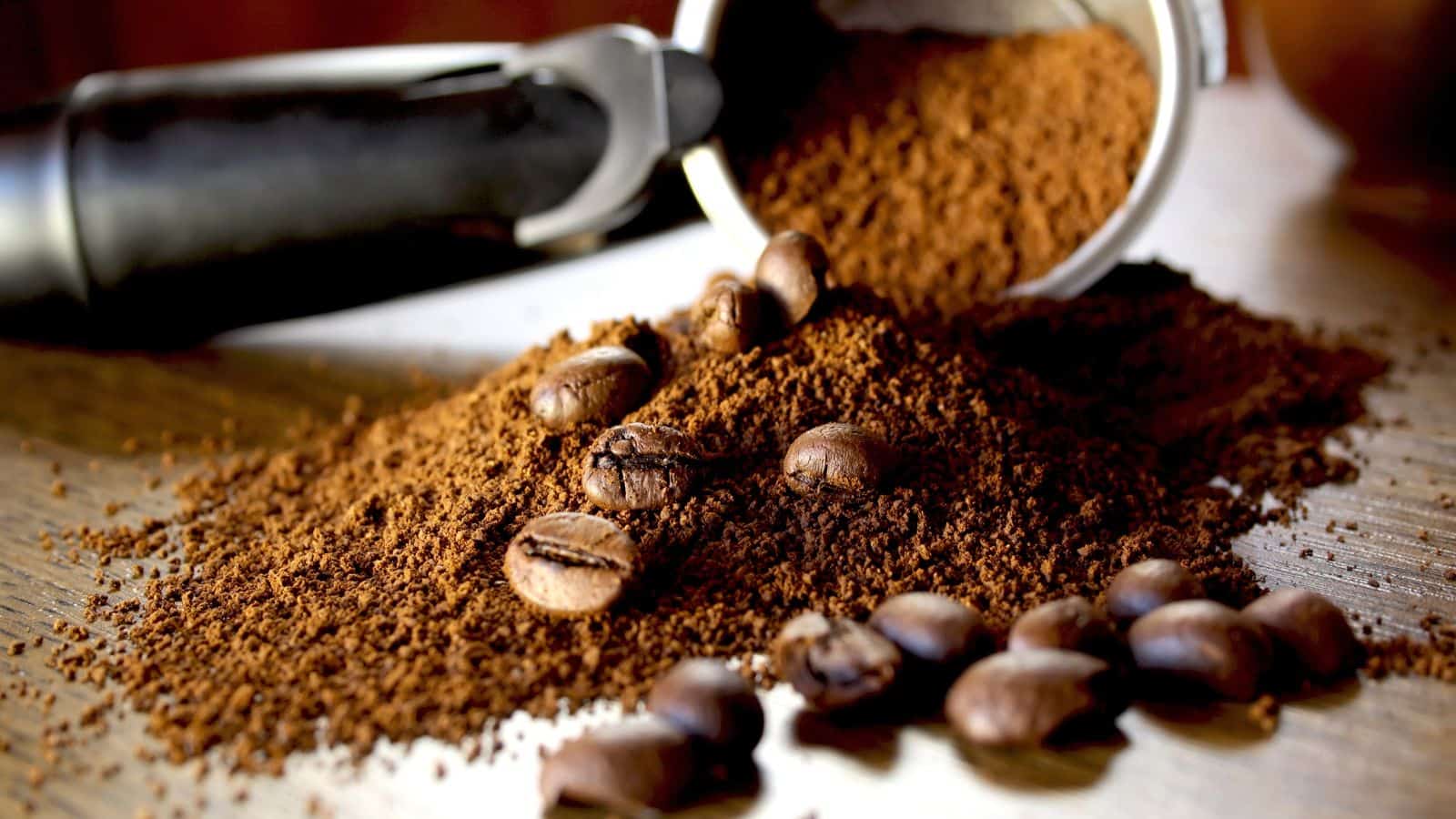
While coffee plants are closely monitored in countries with large coffee industries, small-scale home cultivation is typically allowed in the U.S., although some regulations may apply. This is due to how coffee plants can attract pests harmful to large-scale coffee farms, causing them to become regulated in certain regions.
Poppies
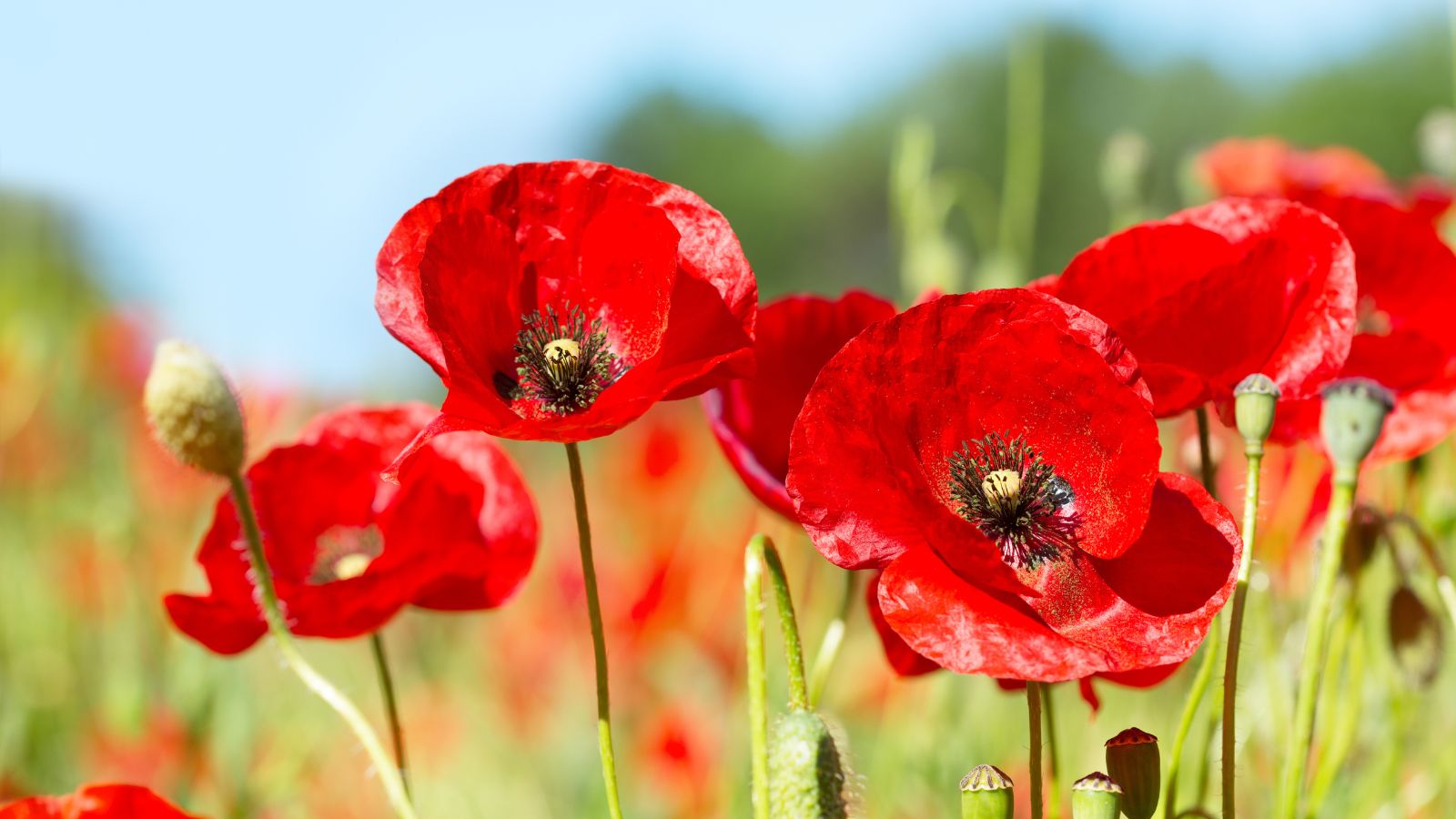
It should be pretty clear why some species of poppy, such as Papaver somniferum, are regulated or illegal to grow. Ultimately, they can produce opiate compounds, so even though certain decorative or culinary poppy varieties may be allowed, opium poppies are generally illegal. Be particularly careful with this one, as the consequences of being caught could be quite serious.
Loquats
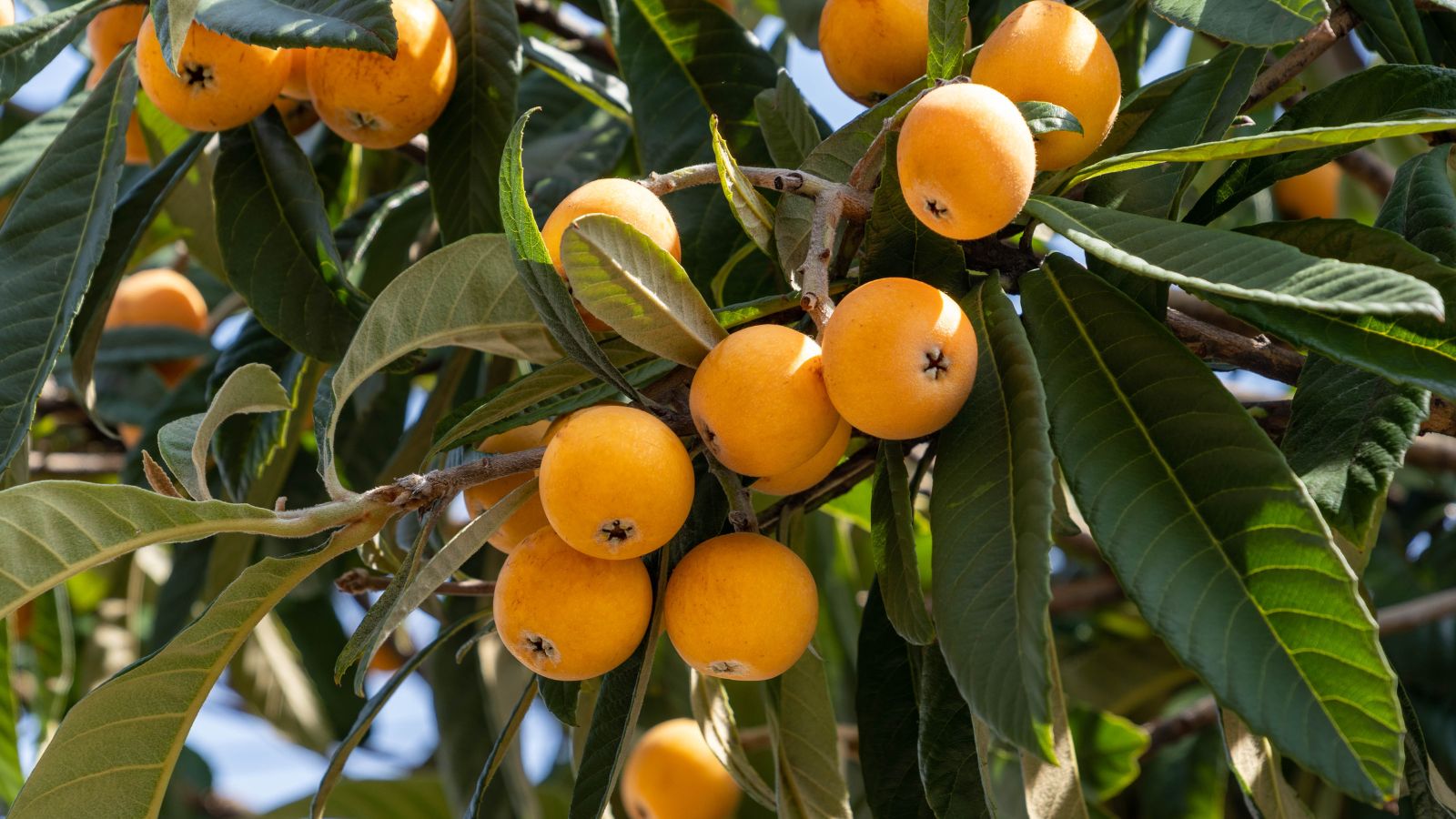
Loquat trees are known for their sweet fruit, but in some areas, they’re considered invasive and may be regulated. These trees can spread quickly and impact native plant life, leading to restrictions in regions where they pose an environmental threat. Gardeners in these areas should definitely check local guidelines before planting loquats.
Mulberries
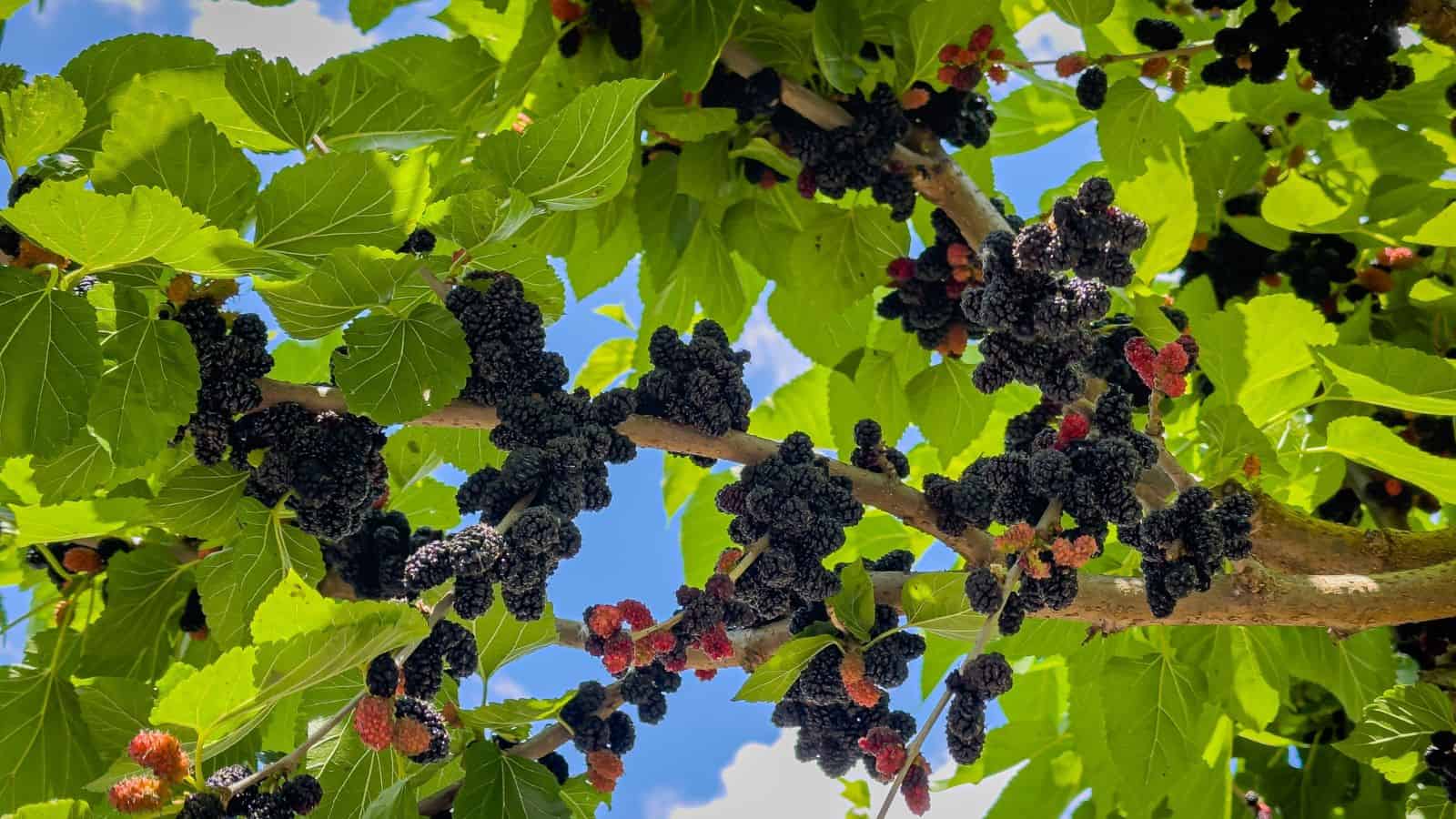
As with loquats, mulberry trees can be invasive, spreading their seeds through birds and growing in areas where they’re not intended. Because of this, some regions restrict mulberry cultivation to prevent the tree from taking over local flora. So, if you’re a gardener looking to add mulberries to your yard, it’s worth checking if regulations apply to prevent accidental invasions.
Mangoes
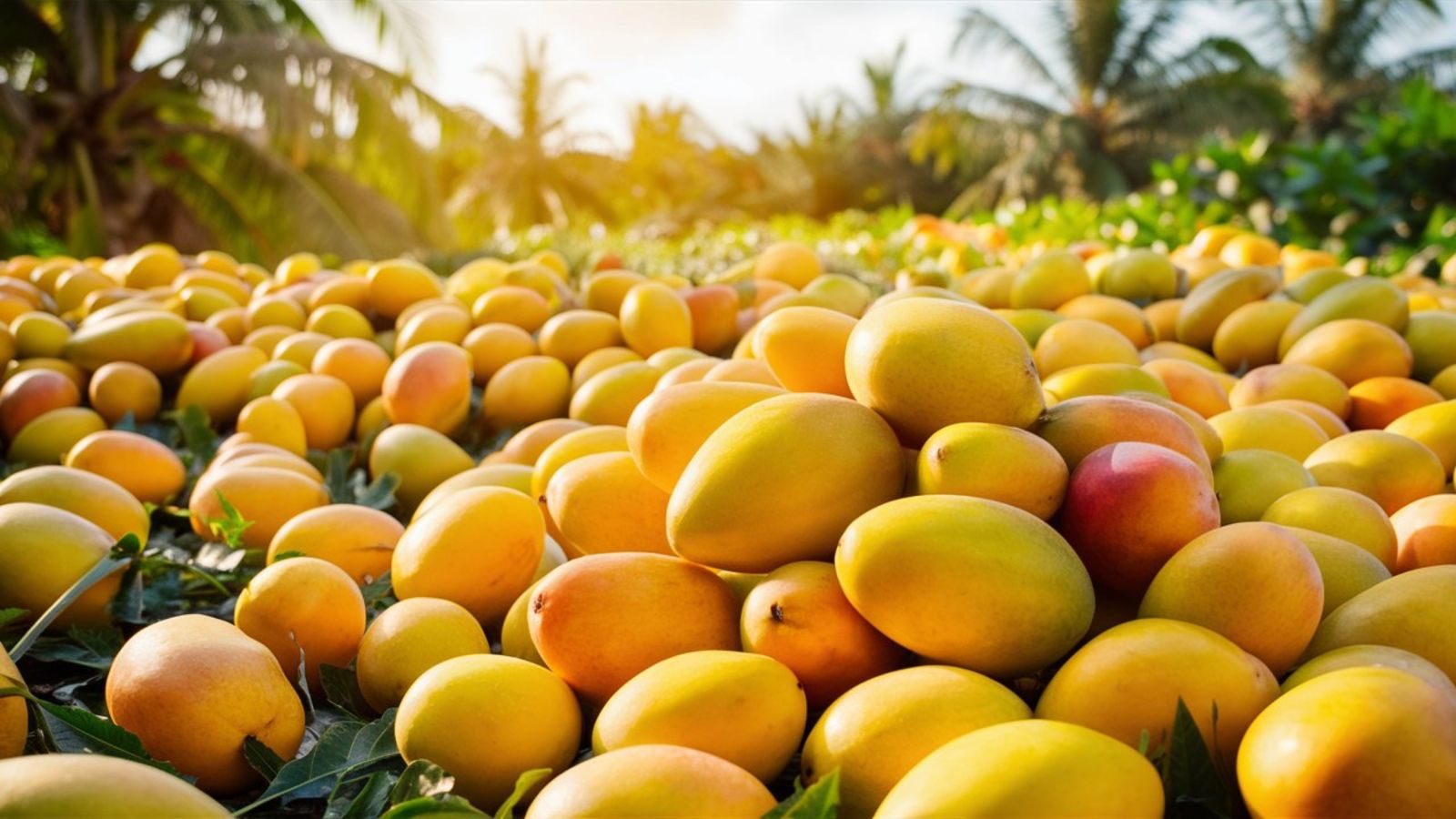
Mango trees may face pest management controls in some areas, particularly to protect commercial orchards. Generally, private mango cultivation is generally allowed, but certain regions enforce strict guidelines to manage insects and diseases that target these trees.
Figs
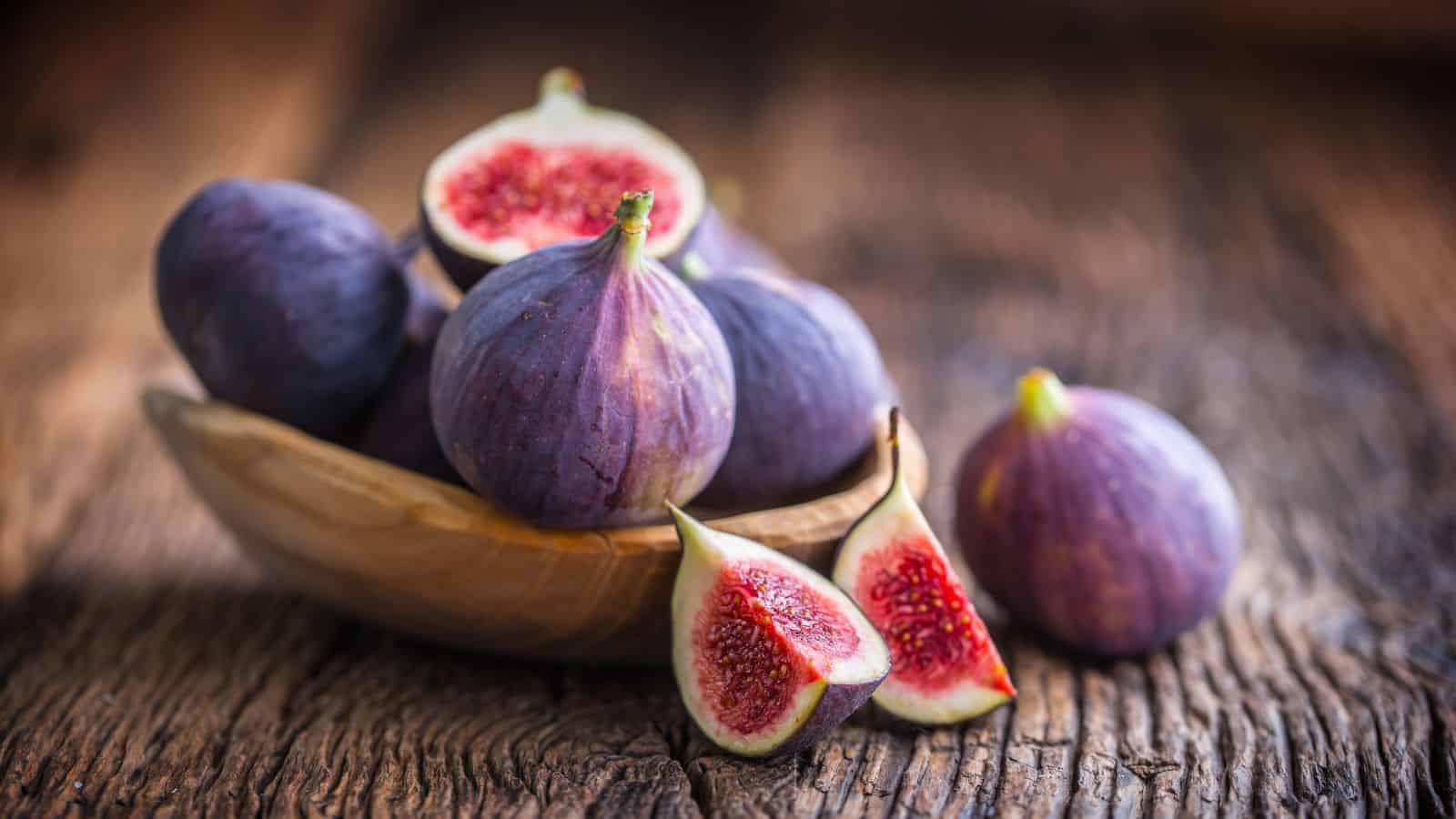
While they might seem innocent, figs require pollination from a specific wasp, which can complicate things in areas where the wasp isn’t native. In fact, some regions ban fig trees outright, but in others, there are restrictions on importing particular fig species and their wasps. Either way, fig regulations help prevent disruptions to local ecosystems and protect native plant and insect life, so you should respect these rules.
Sweetcorn
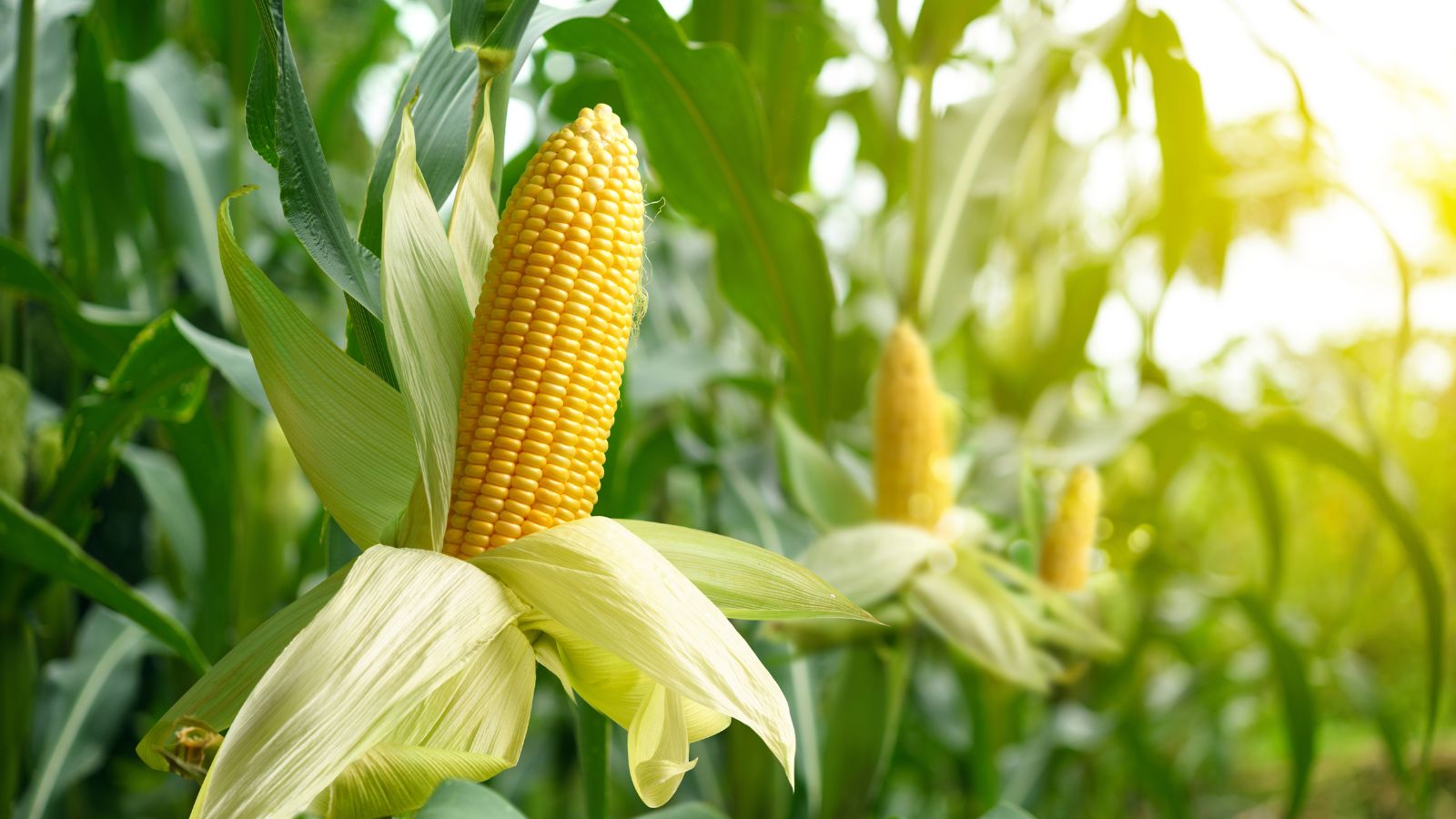
Believe it or not, sweetcorn can cross-pollinate with genetically modified varieties, which is a concern for organic farming nearby. Yes, private gardens are generally permitted to grow corn, but organic farms may need to maintain distance from GMO fields. Thankfully, regulations focus on protecting organic certifications rather than banning personal corn cultivation, so you should be all good as long as you follow the rules.
Cashews
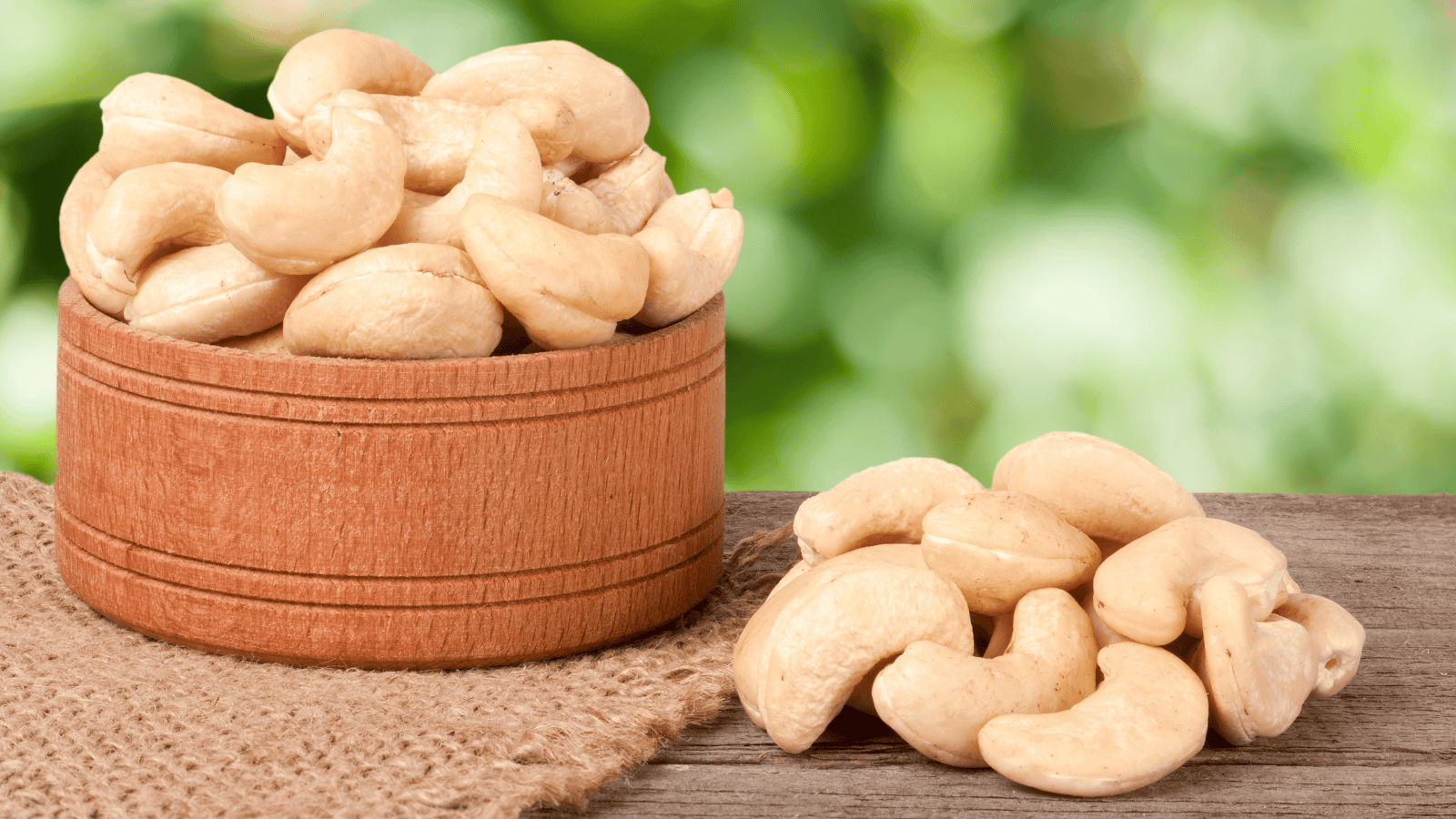
Cashew shells contain toxins, and processing them safely requires specific equipment, so some regions discourage home cultivation due to the risk of exposure to these toxins. Even without such restrictions, gardeners should still approach this otherwise tasty nut with caution to avoid the dangers involved in shelling and processing the nuts.
Sassafras
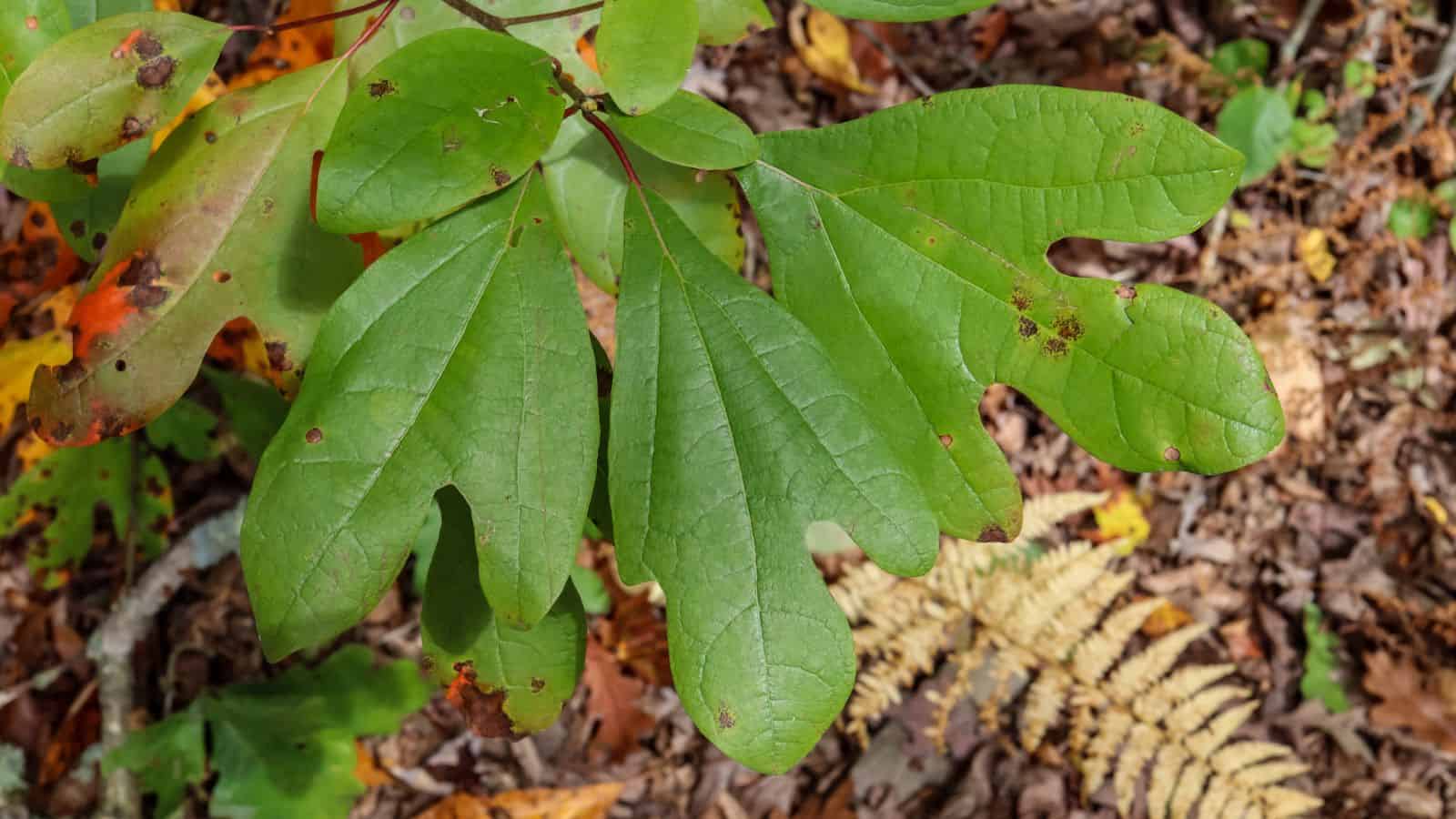
Finally, sassafras trees contain safrole, a compound linked to cancer, making them restricted in some areas. Though they aren’t widely cultivated, certain regions limit sassafra planting to reduce health risks. This tree, once used for making root beer, is now carefully regulated to keep its potential dangers in check, with this important ingredient commonly being replaced by additives.
